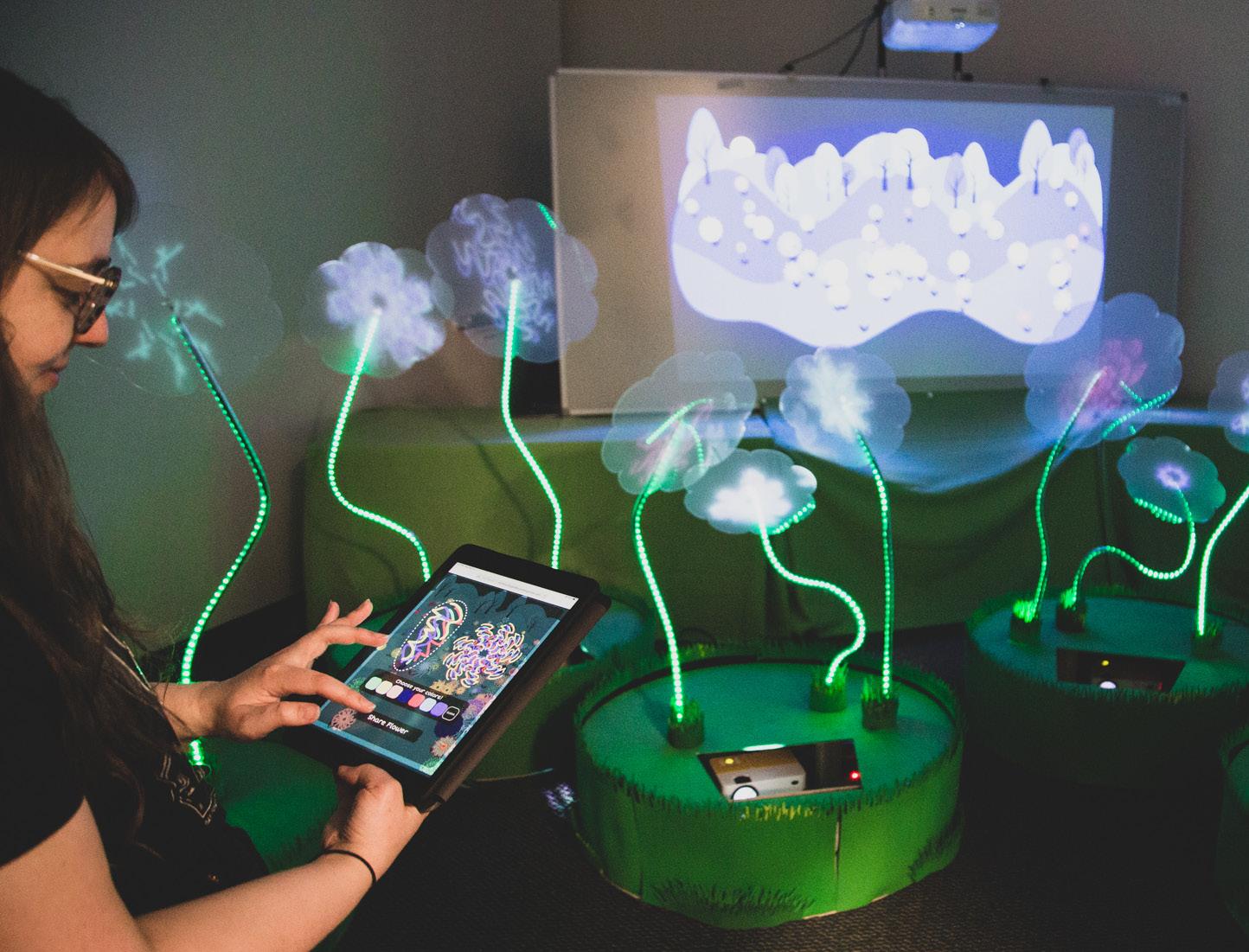June 2023 » July 2024



June 2023 » July 2024


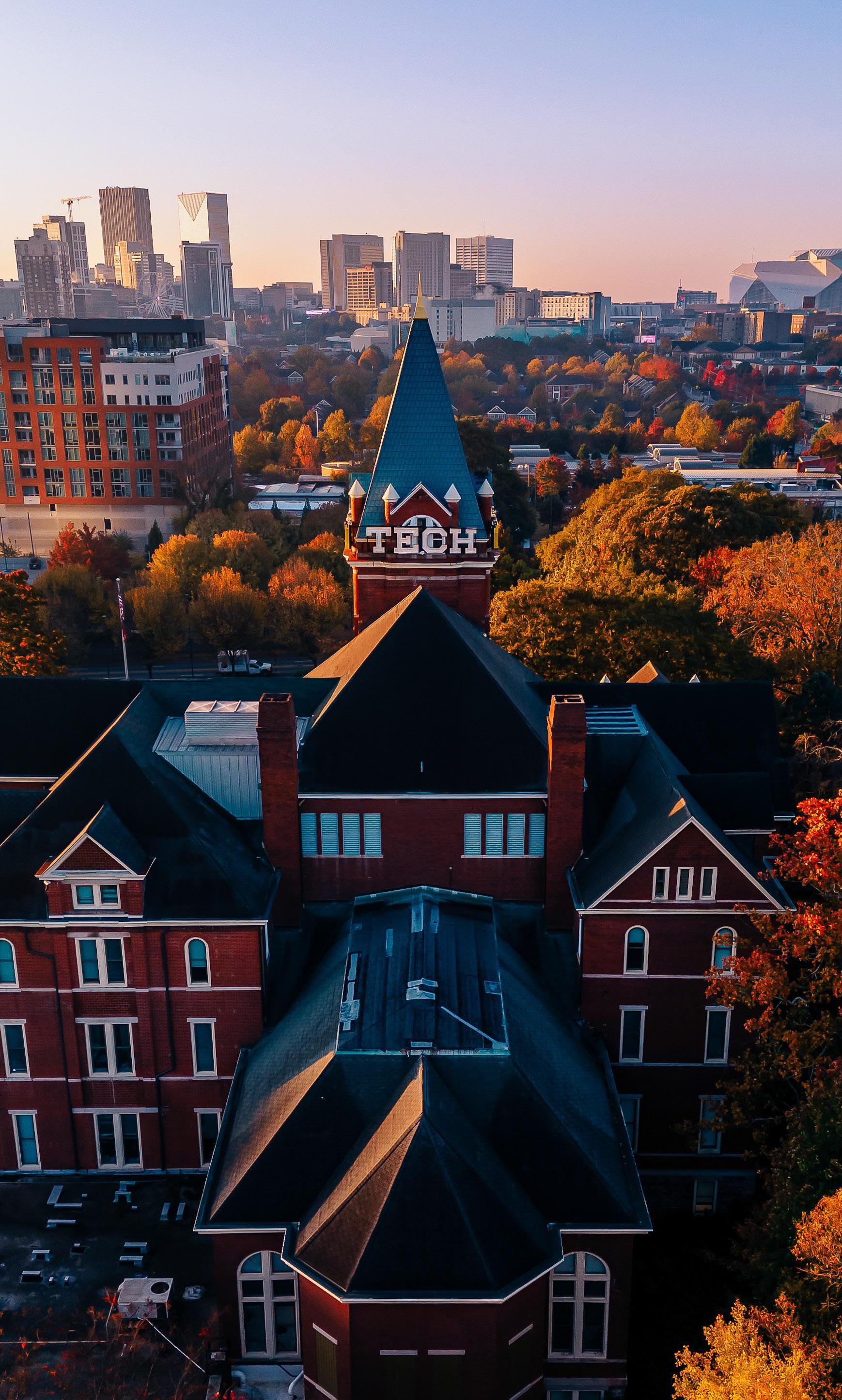
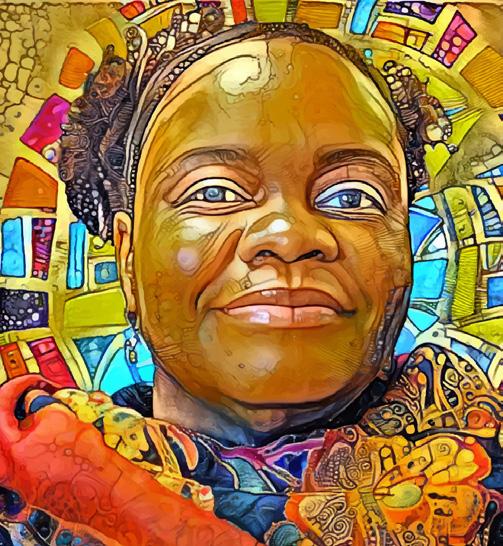
We are honored to feature cover artwork by Nettrice Gaskins, Ph.D. DM 2014, whose innovative work in AI-generated art exemplifies the intersection of technology and liberal arts and has been exhibited at the Smithsonian. Since 2016, before the rise of text to imagebased AI generators, Nettrice has created one AI artwork per day. She currently serves as the assistant director of the Lesley STEAM Learning Lab at Lesley University.
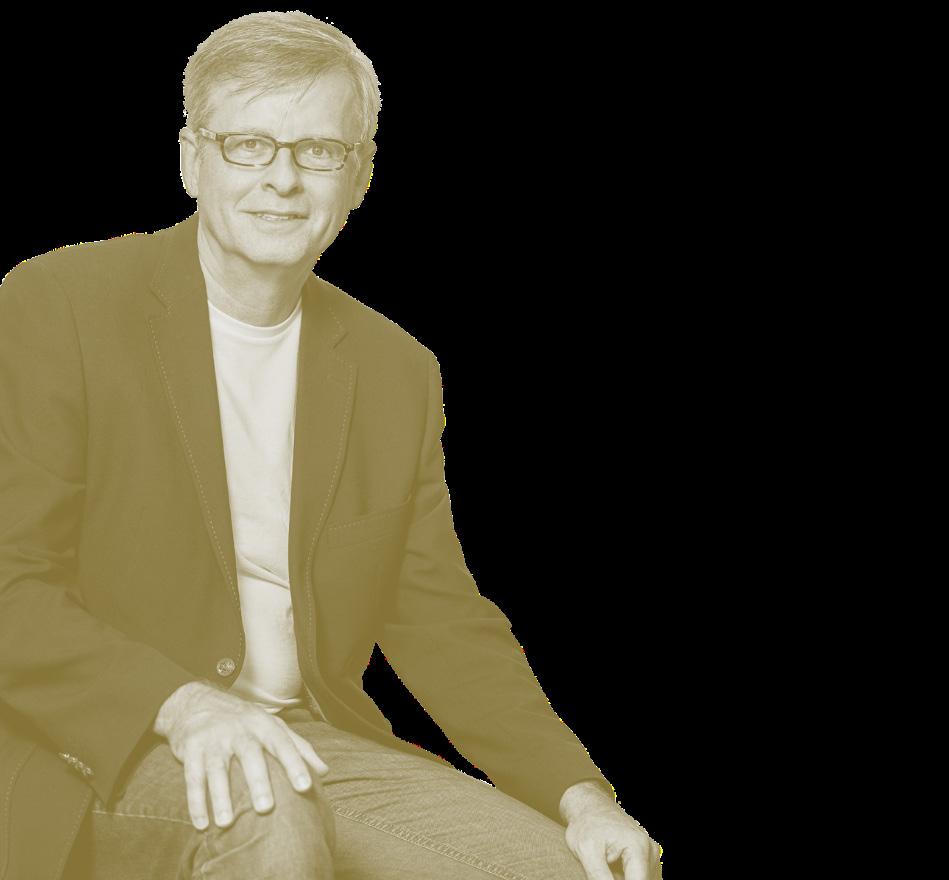
The values section of Georgia Tech’s Strategic Plan includes a statement that leaves no doubt about what is at the heart of our efforts: “We are educators first and foremost, committed to developing leaders who advance technology and improve the human condition. We measure our success by the achievements of our students and the impact of our graduates in improving the lives of others.”
The clarity and positioning of this declaration is perhaps surprising at a top research university that employs just about as many research faculty as academic faculty. However almost all our activities, by researchers and academic teachers, contribute to the quality of student learning and success after graduation.
As you’ll see from the teaching and research highlighted in these pages from the 2023-24 academic year, we are increasingly emphasizing students as an integral part of the College’s mission. Students who will go on to shape healthcare policy, improve national security, preserve history, and advance the art of storytelling. Students who are prepared to innovate from a human-centered perspective.
It starts with two newly created minors (the applications of artificial intelligence and machine learning minor and the health policy and economics minor), which help students navigate the complexities of technology and healthcare. It includes programs such as GTDC (a transformative semester in Washington) and diplomat-in-residence (with diplomats teaching and mentoring), which immerse students in real-world experience. It culminates with projects that allow students to directly tackle societal challenges such as power outages and preserve the stories of enslaved peoples — important work at the intersection of the liberal arts, humanities, medicine, science, and technology.
We hope the teaching and research you read about in this report will inspire you to join our mission to improve lives and deepen our understanding of the world, whether you’re a student, academic, donor, or a fellow curious human being.

Richard Utz
Interim Dean Ivan Allen College of Liberal Arts
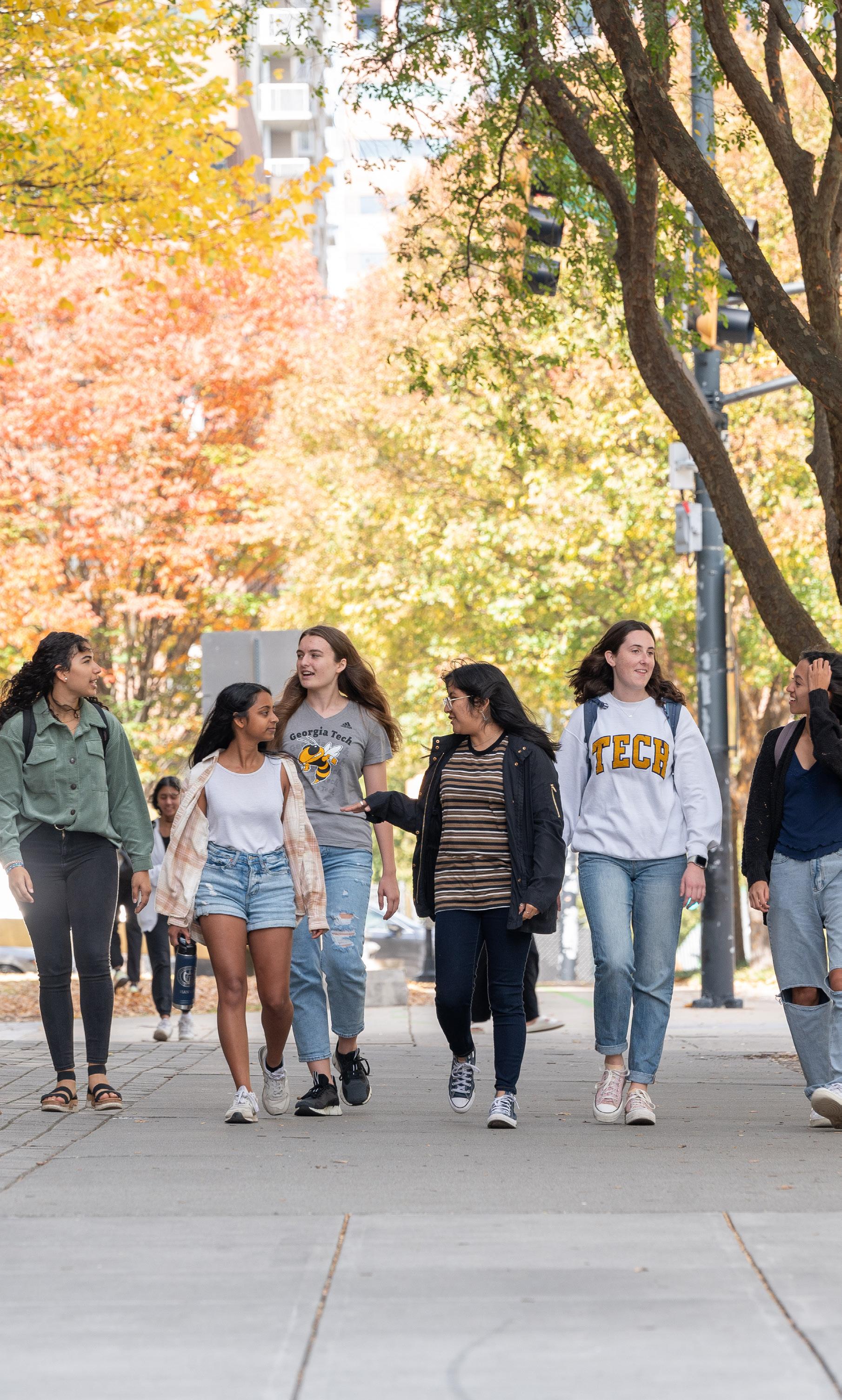
10 Bachelor’s Degrees
15 Master’s Degrees
6 Doctoral Degrees
Minor Programs $8.3M Sponsored Research Expenditures 25 Research Centers
Language study in the School of Modern Languages is the most popular undergraduate minor at Georgia Tech
1,017 Undergraduate Students
870 Graduate Students
995 Undergraduate Minors
6:1 Student:Faculty Ratio
increase in applications since 2020
First-Year Retention Rate
Commissioned Second Lieutenants into the Army 26
Commissioned Air Force Second Lieutenants
Commissioned Marine Corps Second Lieutenants
The ROTC “Ranger Challenge Team” placed 7th of 39 during the 2024 regional competition and produced a 2024 Nationally Ranked Second Lieutenant (#10 of 3,332)
Artificial intelligence (AI) will transform nearly every field of human endeavor in the coming years, making human-centered problem solving across technical, humanities, and social sciences disciplines an essential skill. A new minor introduced in Spring 2024 gives Ivan Allen College students an edge in integrating this technology with the humanities and social sciences — and their future careers.
Developed with the College of Engineering, the new course of study provides students with skills to ethically and effectively use AI and machine learning.
Classes include topics such as ethics and policy, statistics, AI in linguistics,
the philosophy of computation, international affairs, and economics.
Students can choose between a liberal arts track or an engineering track. The latter includes AI applications in biomedical engineering, process engineering, mechanical engineering, and robotics.
“We wanted to ensure that this minor is not just about the technical aspects of creating or using an AI platform, but also about thinking through the ways in which AI can be used to meet global challenges,” said Shatakshee Dhongde, associate dean for academic affairs and professor of economics.
The Ivan Allen College course on AI ethics is the only required course for students in both tracks, Dhongde said.
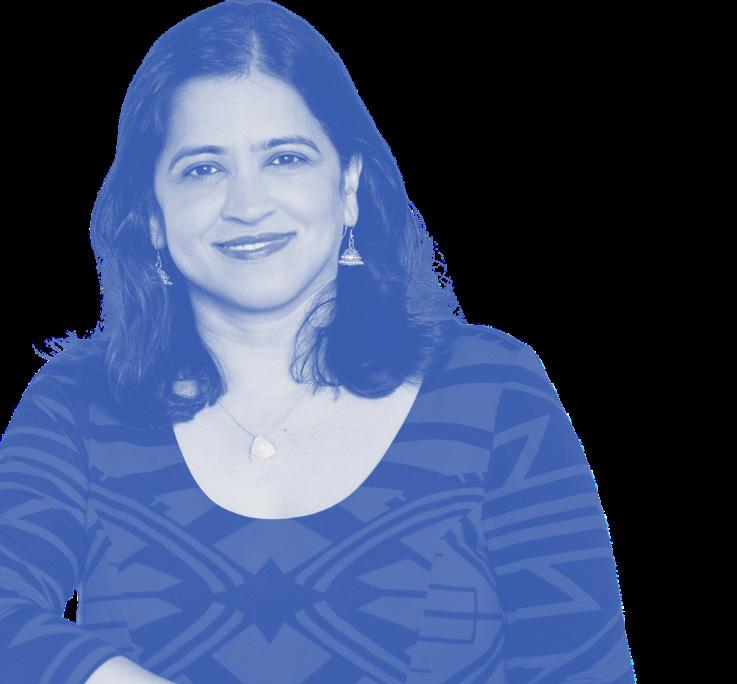
“The fact that every student seeking this minor will be required to take an Ivan Allen College policy course highlights the importance Georgia Tech places on graduating leaders with an understanding of the ethical implications of this ever-changing technology.”
Shatakshee
Dhongde
Associate Dean for Academic Affairs
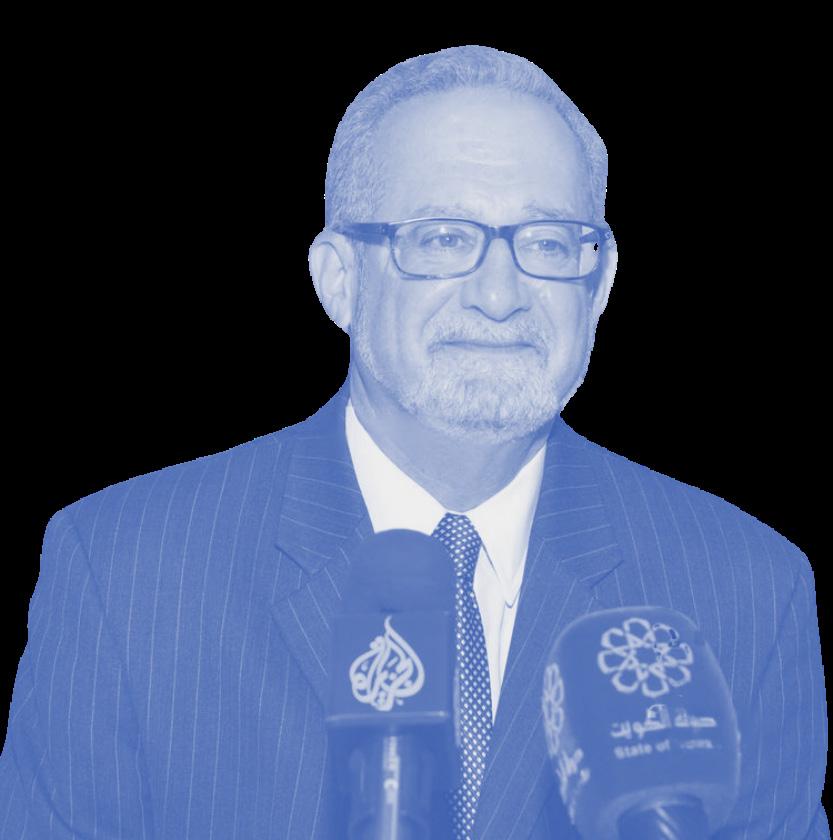
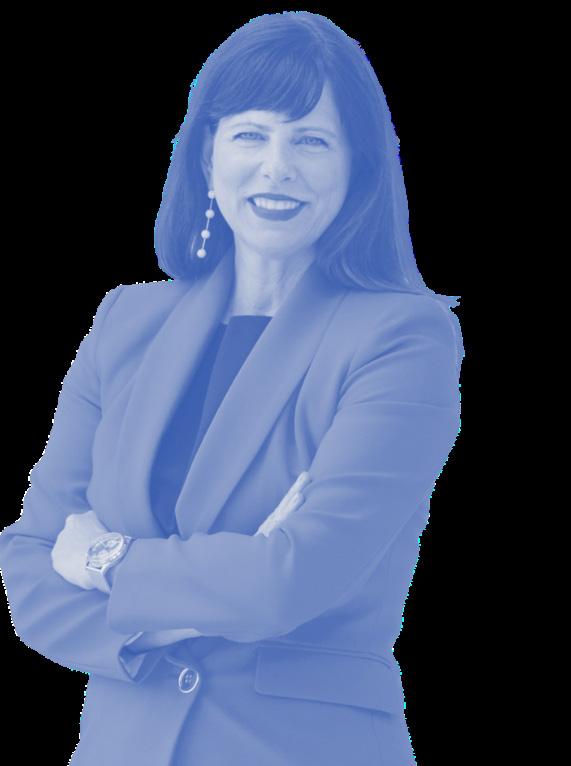
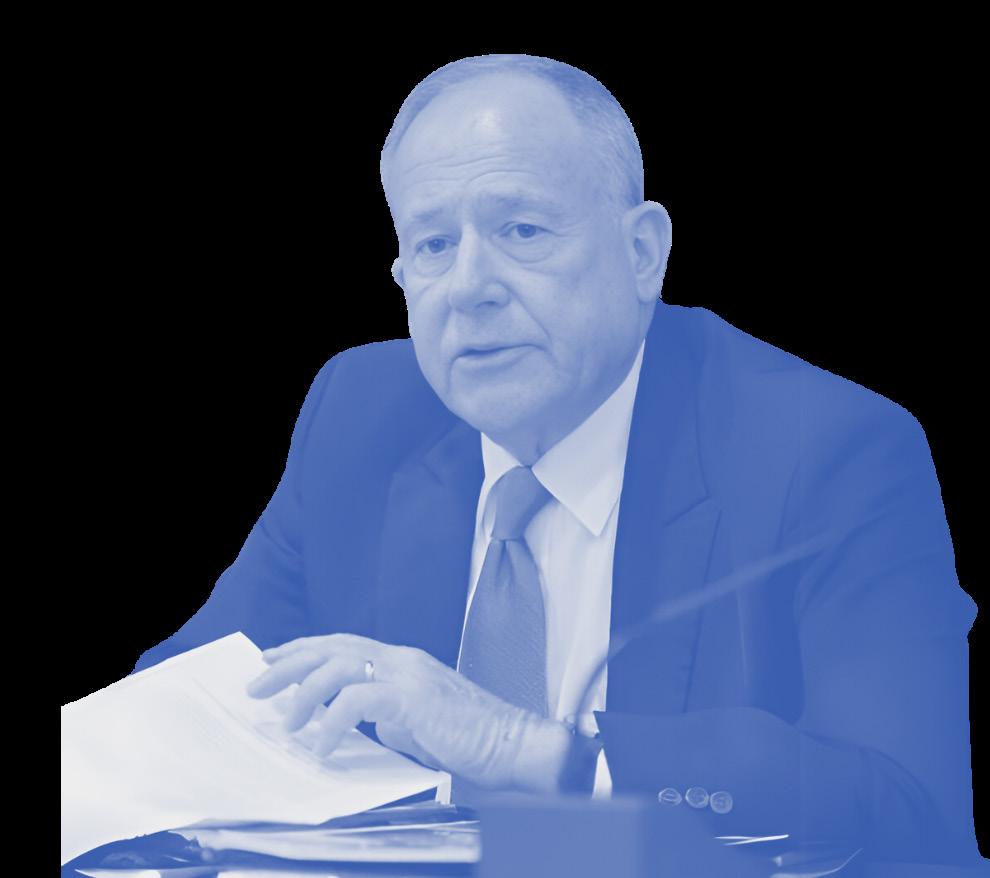
The Sam Nunn School of International Affairs launched a diplomat-in-residence program in Fall 2023 designed to give students powerful insights into the political, economic, cultural, and strategic issues that shape our world.
“Students have long benefited from the expertise of national security experts such as Gen. Philip Breedlove, Adm. Sandy Winnefeld, and Michèle Flournoy with vast experience in defense and national security decision-making,” said Adam N. Stulberg, Sam Nunn School Chair and professor in the School.
“With the addition of this program, we can now offer our students even more opportunities to gain practical insight into the complex interplay of diplomacy, commerce, and culture around the world.”
The diplomats teach courses, including one-on-one case studies in diplomacy and a mini-mester course on soft power and diplomacy. They also hold informal mentoring sessions for students to discuss careers in foreign service.
The first cohort of diplomats included Lawrence Silverman, former U.S. Ambassador to Kuwait; Louise Blais, former Canadian Deputy Permanent Representative to the United Nations; and Robert G. Bell, a Nunn School professor of the practice.
The program is supported by a generous gift from the Arthur M. Blank Family Foundation.

Georgia Tech students and faculty are working to create the country’s most comprehensive real-time power outage tracker for research use. The database will help researchers explore questions about the causes and effects of power outages and how policy interventions can help strengthen grid resilience.
The Grid Resilience, Outage, Weather, and Emergency Response (GROWER) Lab is a Vertically Integrated Project launched in 2024 by faculty in the Ivan Allen College of Liberal Arts and the College of Engineering.
Brian Y. An, an assistant professor in the School of Public Policy, and Constance Crozier, an assistant professor in the H. Milton Stewart School of Industrial and Systems Engineering, lead the project alongside John Kim, the lab manager and a public policy Ph.D. student. The group includes 15 students in computer science, city and regional planning, business, public policy, and industrial systems and engineering programs.
The team seeks to address challenges in how utility companies report real-

time power outages, with data often fractured across service territories and states. In addition, users can’t download data directly, making the information difficult to use for research and evaluation.
The GROWER team developed algorithms and web scrapers to crawl the utility websites every 15 minutes and collect the power outage data for many states in one place.
The GROWER team has begun applying findings from the dataset to research questions. They partnered with the Oak Ridge National Laboratory to provide technical assistance to the U.S. Department of Energy Grid Deployment Office, which is the lead federal agency administering grid modernization grants.
“It is incredibly rewarding to connect with research groups in and out of Georgia Tech who share this vision with us. We’re excited to conduct robust research that will inform real-world policymaking across the country.”
Brian Y. An Assistant Professor

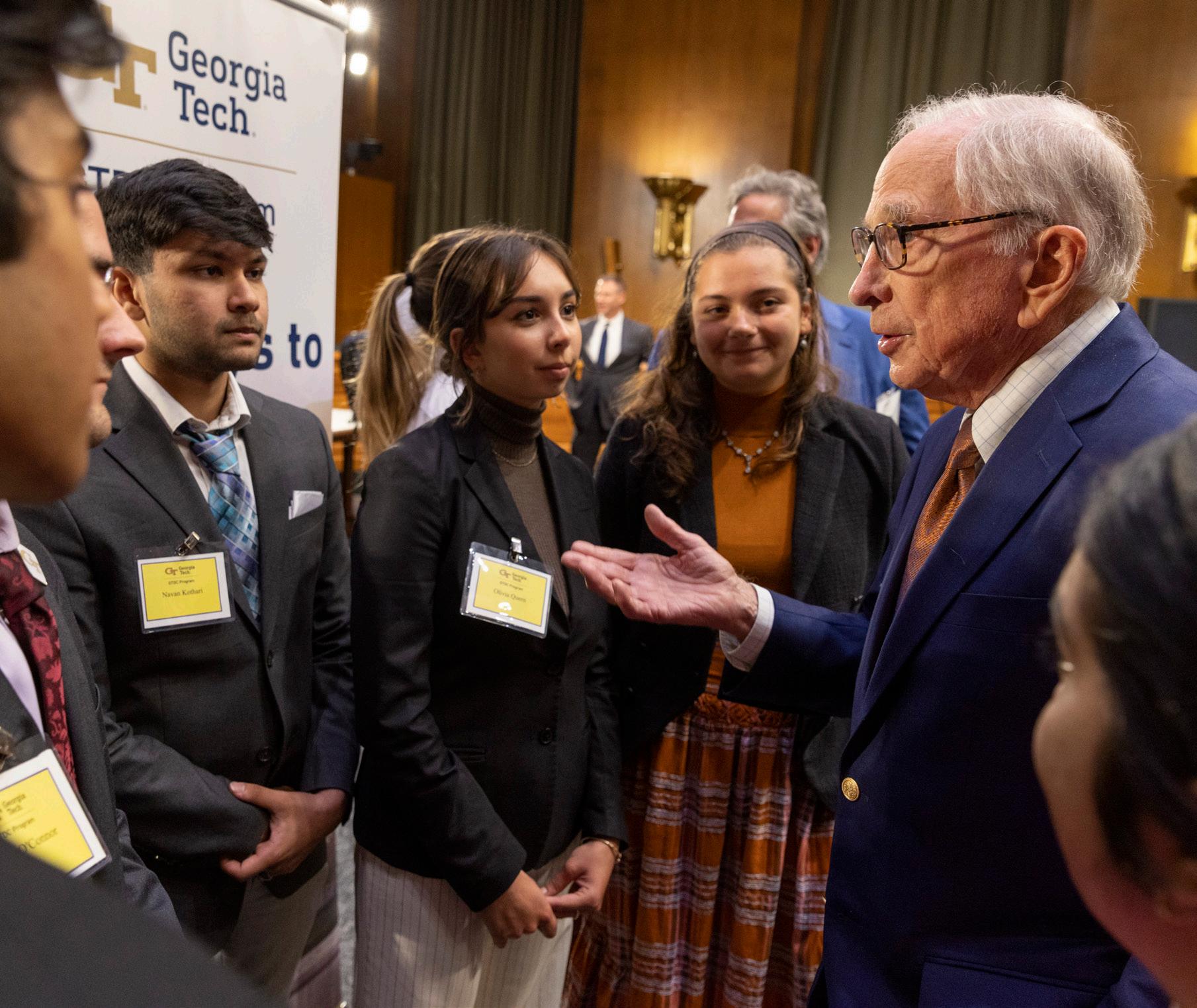
“This program is extremely beneficial in so many ways! Not only does it provide an opportunity to live and work in such a beautiful place, but it also allows you to establish professional connections and mentorships, cultivate personal relationships with the other GTDC students, understand varying pathways to success, and learn concrete skills to take to future endeavors.”
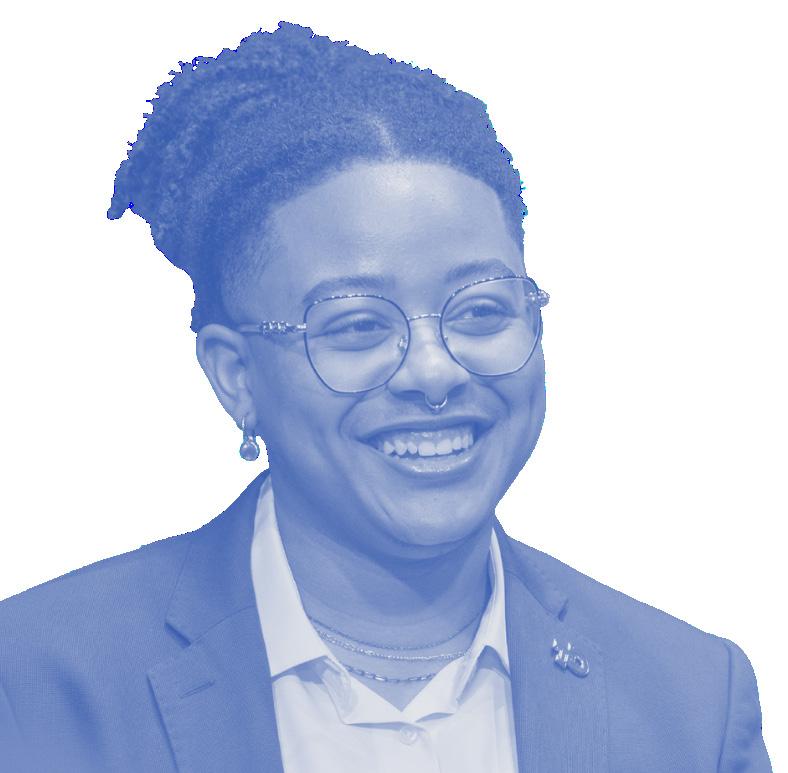
Parker Alderman, IAML-French 2025 GTDC 2023 Participant

It’s rare that a student gets the opportunity to be in the room with a senator.
But Georgia Tech’s first cohort of GTDC students was able to celebrate the Washington, D.C. launch of the program with three — Sens. Raphael Warnock and Jon Ossoff and former Senator Sam Nunn.
TOP: GTDC program participants with former Senator Sam Nunn at the GTDC launch event on Oct. 24, 2023.
LEFT TO RIGHT: Georgia Tech President Ángel Cabrera, Senator Raphael Warnock, former Senator Sam Nunn, and Senator Jon Ossoff at the GTDC launch.
Insight into the people and organizations who make decisions that impact the lives of all Americans is a key aspect of the GTDC: Pathways to Policy program. The inaugural GTDC semester and the 13 students pioneering the program were celebrated with a Fall 2023 event in Washington.
GTDC: Pathways to Policy, a partnership of the School of Public Policy and the Sam Nunn
School of International Affairs, gives Georgia Tech students from any major the opportunity to spend an immersive, transformative semester in Washington. Students engage in courses, internships, research opportunities, and extracurricular activities, including with Georgia Tech alumni. The program prepares students for policy-related careers in government agencies, the private sector, and nongovernmental organizations, where they can help solve national and global challenges.
The launch event brought together GTDC students with not only Warnock, Ossoff, and Nunn, but also Georgia Tech leaders and a large group of Georgia Tech alumni who live and work in the D.C. area.
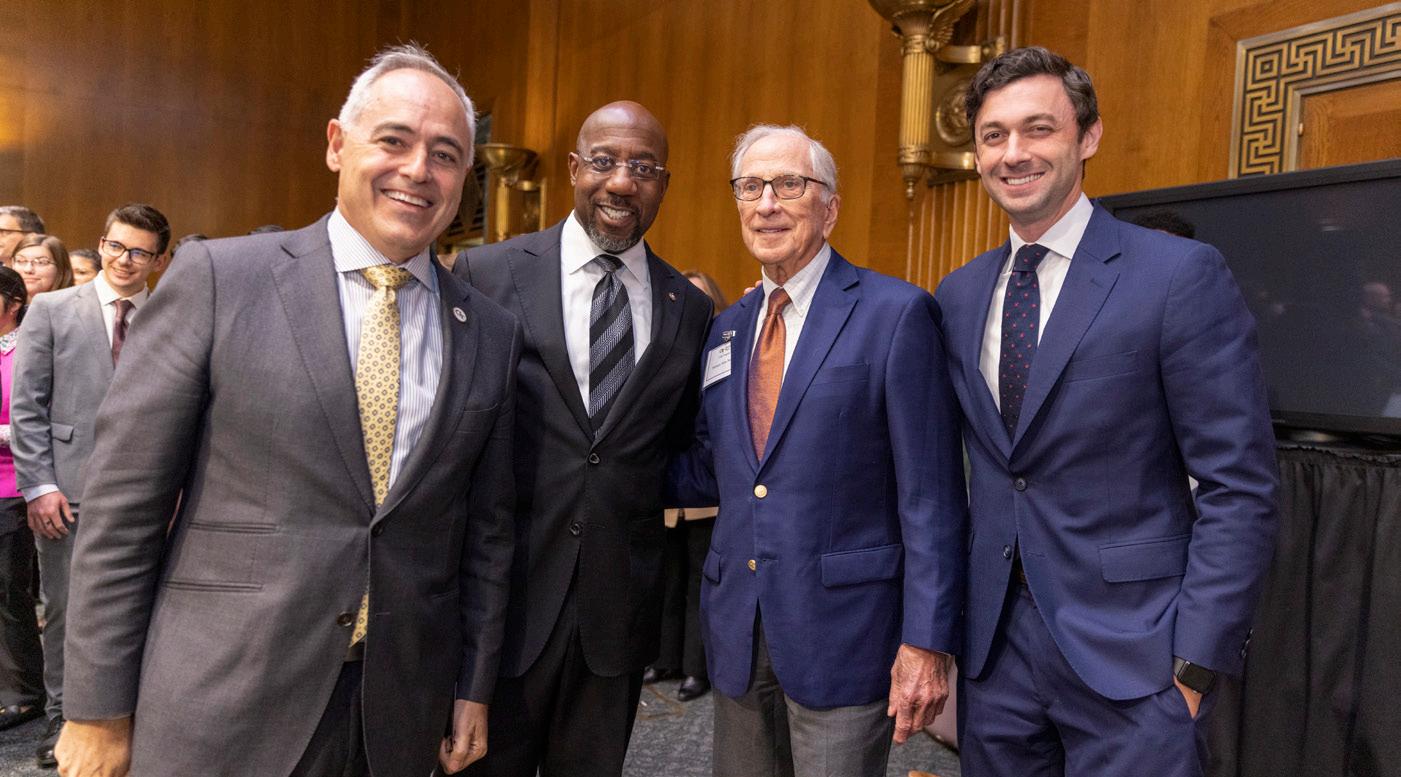
History books are full of the exploits of powerful people. But Christopher Lawton, a lecturer in Georgia Tech’s School of History and Sociology, believes everyone’s story should be told — especially people who had little control over their own stories while alive.
Lawton is a historian focused on uncovering the names and narratives of enslaved people who lived in Georgia. Often, their first names appear only as data points in court records, listed as the property of the men and women who owned them. Lawton and the students in his Early U.S. History class are working to fix that.
Each semester, Lawton’s students comb through digital archives, recording names, ages, locations, and any other information they can glean from the scant reports and cryptic cursive. Then, they translate the data into stories, publishing biographies of the enslaved people on Lawton’s website.
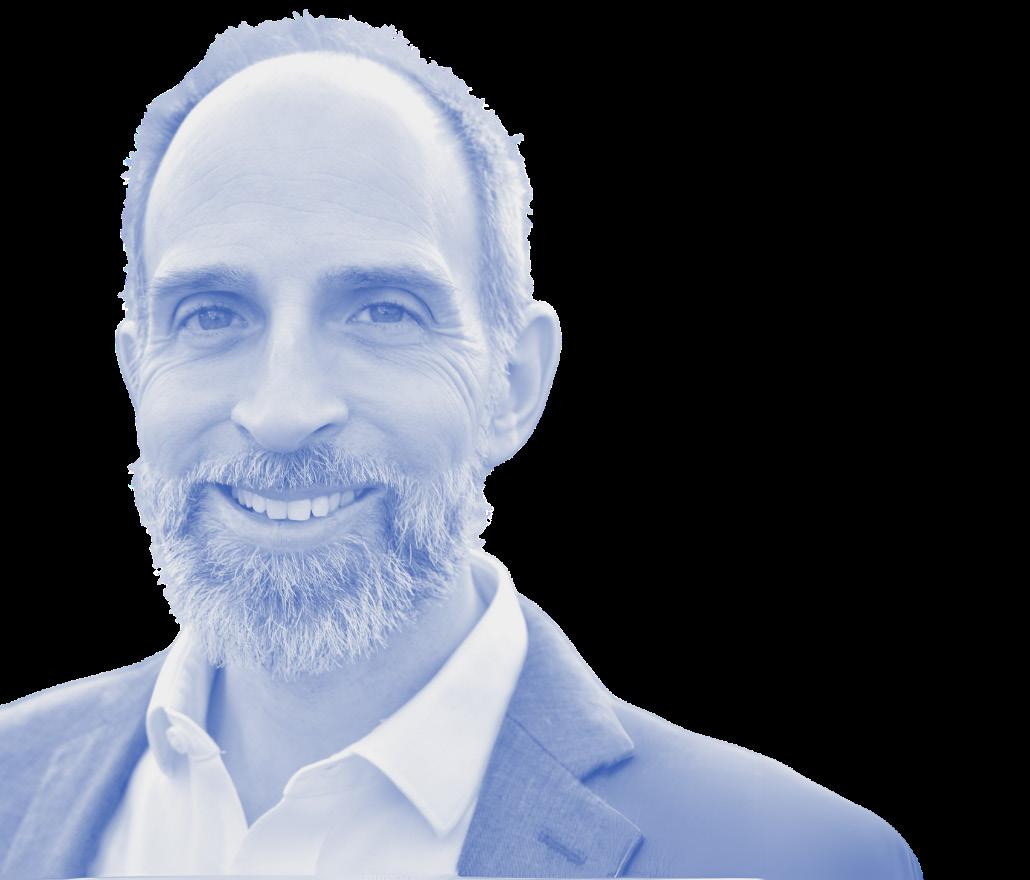
“Just being able to find and record a name, or a small bit of information, is an invaluable act of reclamation and recognition. We have a responsibility to all past Georgians and a duty to tell their stories carefully and accurately. These people were here. They survived, and we have lessons to learn from
Christopher Lawton Lecturer





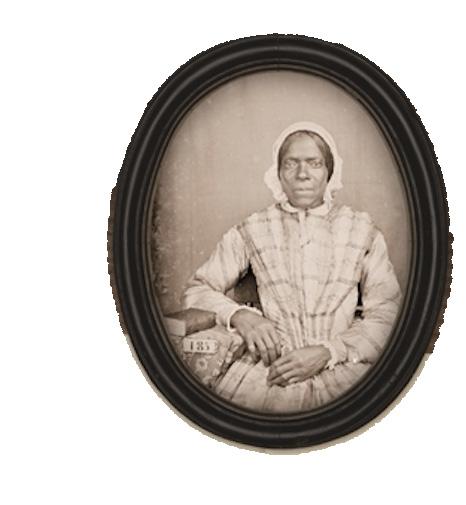
The airborne early warning and control workstations aboard U.S. Air Force aircraft might seem an unlikely place to find evidence of the value of a humanities and social sciences education.
But such proof is clear to Lt. Joseph Fajloun, a 2024 mechanical engineering graduate on his way to a career as an air battle manager in the U.S. Air Force. He credits his School of Modern Languages minor in Japanese for showing him the importance of intercultural communication and competency. He said the immersive Project Global Officer program for ROTC cadets, a U.S. Department of Defense initiative
managed at Georgia Tech by the School of Modern Languages, opened his eyes culturally in ways that even his early years living in his native Lebanon had not.
“It was the most meaningful and impactful experience. It changed my worldview and gave me a sense of the interconnectivity of cultures, of common humanity, that I hadn’t had before,” he said.
While he values his engineering education, Fajloun said it’s the humanities that help connect us as humans and provide benefits even in the most technical of careers.
“You can be talented in the sciences and engineering, but if you are fulfilled by the arts and humanities, it provides a different level of creativity and makes you a better scientist or engineer.”
Lt. Joseph Fajloun, ME 2024 with a minor in Japanese Air Force ROTC
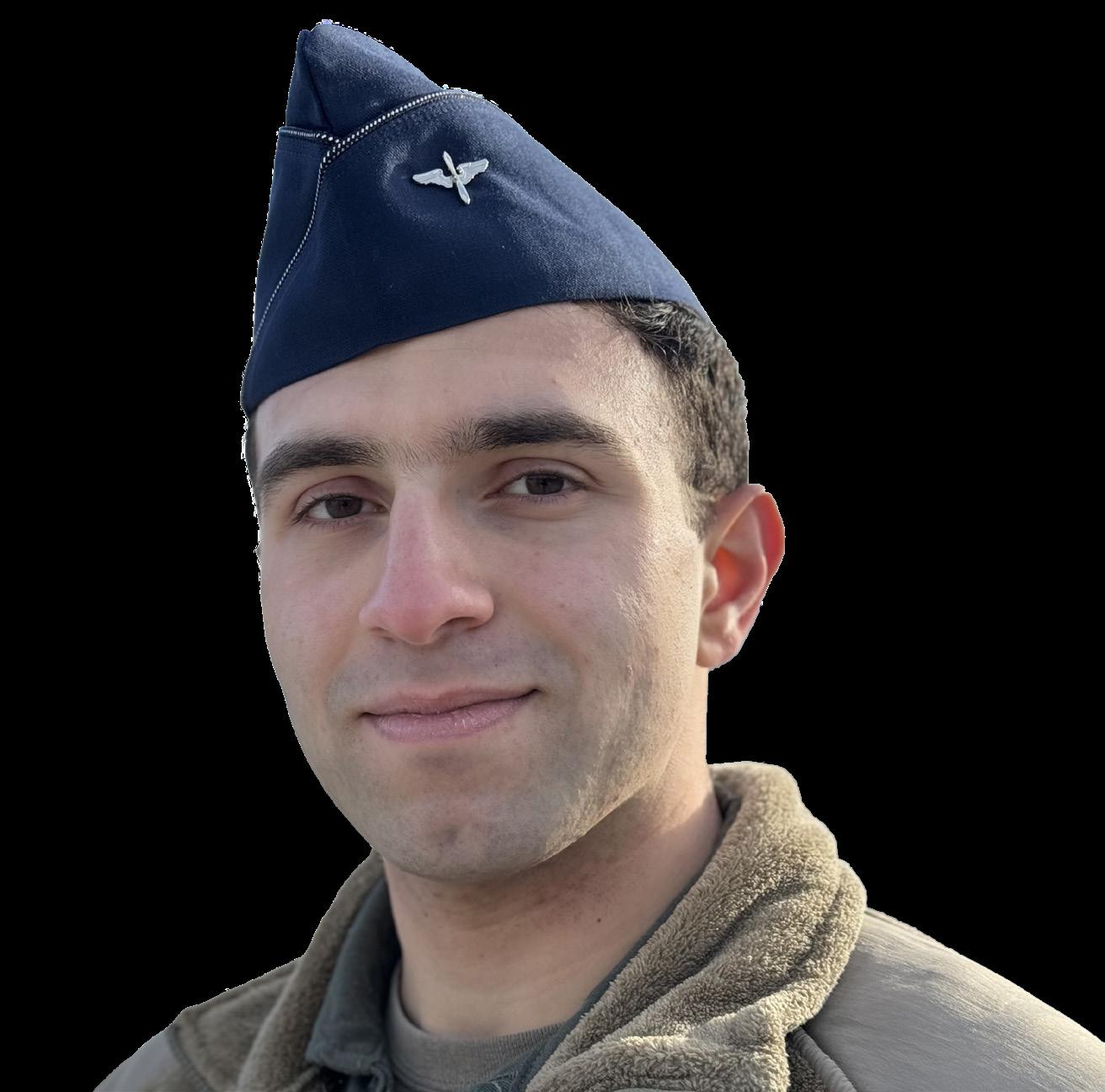


The Ivan Allen College of Liberal Arts launched a new health policy and economics minor in Fall 2023. The minor is offered jointly through the School of Economics and the School of Public Policy.
The 15-credit-hour program offers students a comprehensive overview of health policy and the healthcare system in the U.S. Students develop skills in data analytics, economic modeling, and policy analysis and apply them to issues such as health equity and access, participation in risky behaviors, and healthcare cost containment. This multidisciplinary course load prepares students for opportunities in the public and private sectors or graduate study in medicine or public health.
Students begin the program with foundational courses in U.S. Health Policy and the Economics of Health and Health Care. Through electives, they can explore timely topics in courses such as Artificial Intelligence in Healthcare, the Economics of Risky Health Behaviors, Health Disparities, and Stem Cell Science, Policy, and Ethics.
“Economics and policy are good partners when it comes to healthcare,” Kaye Husbands Fealing, former dean and Ivan Allen Jr. Chair of the Ivan Allen College of Liberal Arts, said at the time of the announcement. “Teaching students to approach today’s pressing healthcare questions using interdisciplinary methodologies will help them bring a broader perspective into their careers.”


“We want to highlight the unique intersection of humanities and STEM here at Georgia Tech. Many of us are passionate about technology, and many of our courses revolve around emerging technologies. That perspective, especially since we are so forwardthinking and we care about the future, is something valuable we have to offer.”
Christine Webster, PUBP 2025
Christine Webster, a fifth-year public policy major, brought back a piece of her Federal Jackets internship from Washington with her. Her new organization, Science and Technology Policy Connections, brings students together across disciplines to help inform local, state, and federal legislation.
“A lot of these representatives really do want to speak with students and hear our thoughts and views and what we’re passionate about,” Webster said. “So I wanted to streamline a more direct line of communication between Georgia Tech students and policymakers.”
The group, which includes students in aerospace engineering, computer science, international affairs, public policy, and more, focused on three

high-impact areas: energy and the environment, cyber defense, and health and medicine. They split into sections for each topic and picked an issue to research, refining their ability to identify reliable sources and honing their public speaking skills. The spring semester culminated with policy recommendations on aviation sustainability, deepfakes, and AI and racial bias in medicine.
The students also connected with staffers at the Georgia Senators’ offices to discuss the legislators’ concerns and learn more about the priorities on their political agenda and how the group can adjust their research to help. Collaborating across disciplines gives them a powerful perspective that policymakers can use.
Is it possible for an AI system to be neutral or value-free? What does it mean for an algorithm to be just? How will AI affect privacy? Democracy? Inequality and social justice?
Justin Biddle, associate professor in the School of Public Policy, tackles these questions in his new AI Ethics and Policy course. The class prepares students to think critically about AI’s impact on humanity and contribute to AI governance and policy, said Biddle, who is also the director of Georgia Tech’s Ethics, Technology, and Human Interaction Center.
“We’re still in the very early stages of developing governance systems for AI, but one of the major public policy questions moving forward will be how to regulate AI. This is a discussion
that students in the future will be contributing to, or should be contributing to, in a significant way,” he explained.
To do so, students need to understand not just the technology but the many consequences, intended or not, that its use has on society. The course involves discussions of scholarly articles and current events, while the final month is devoted to project work and a research paper on the ethical design of an AI system.
“We’re interacting with algorithms all the time. All of us are,” Biddle said. “So, one could make the case that this is a general literacy issue that all students should have.”
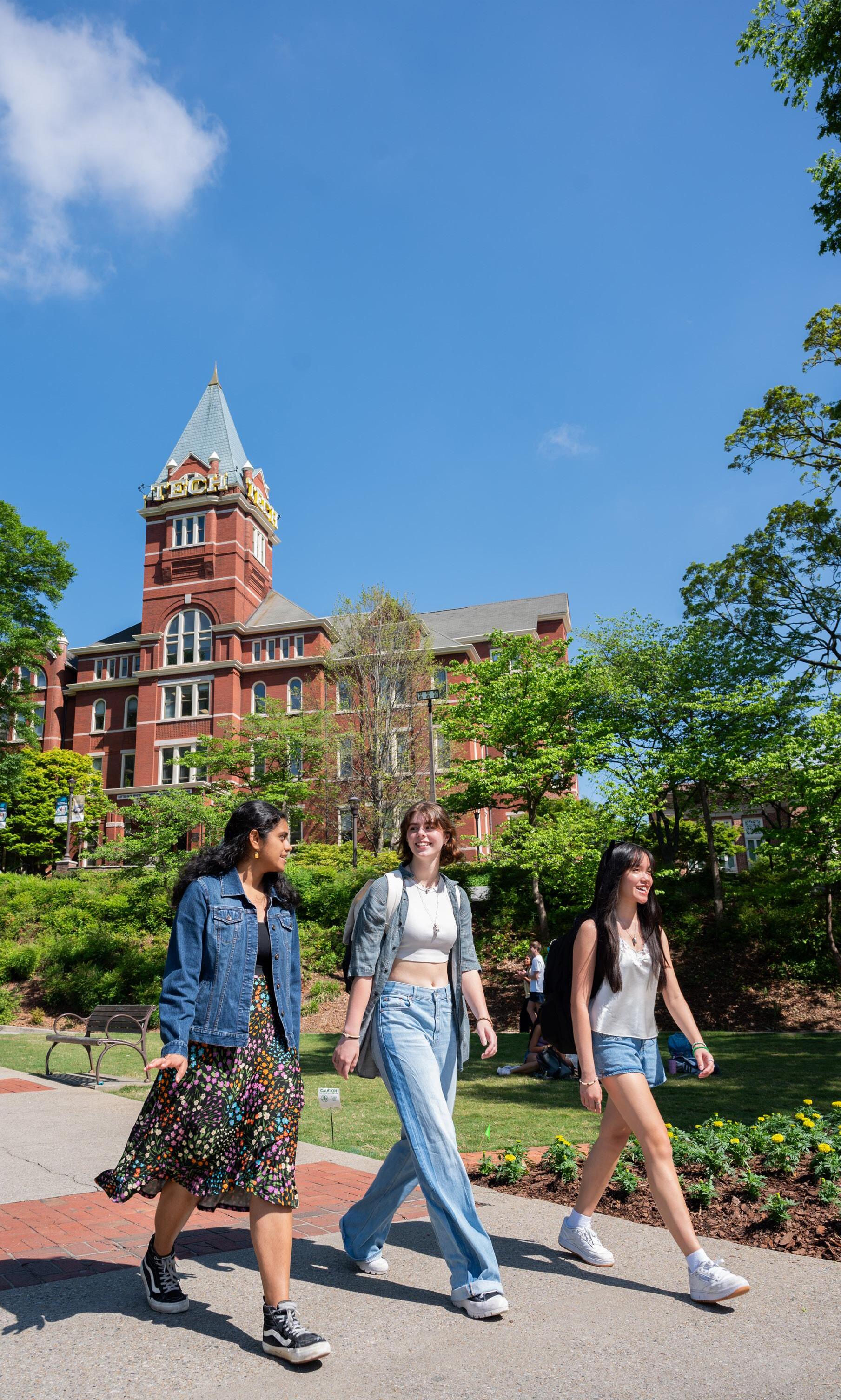
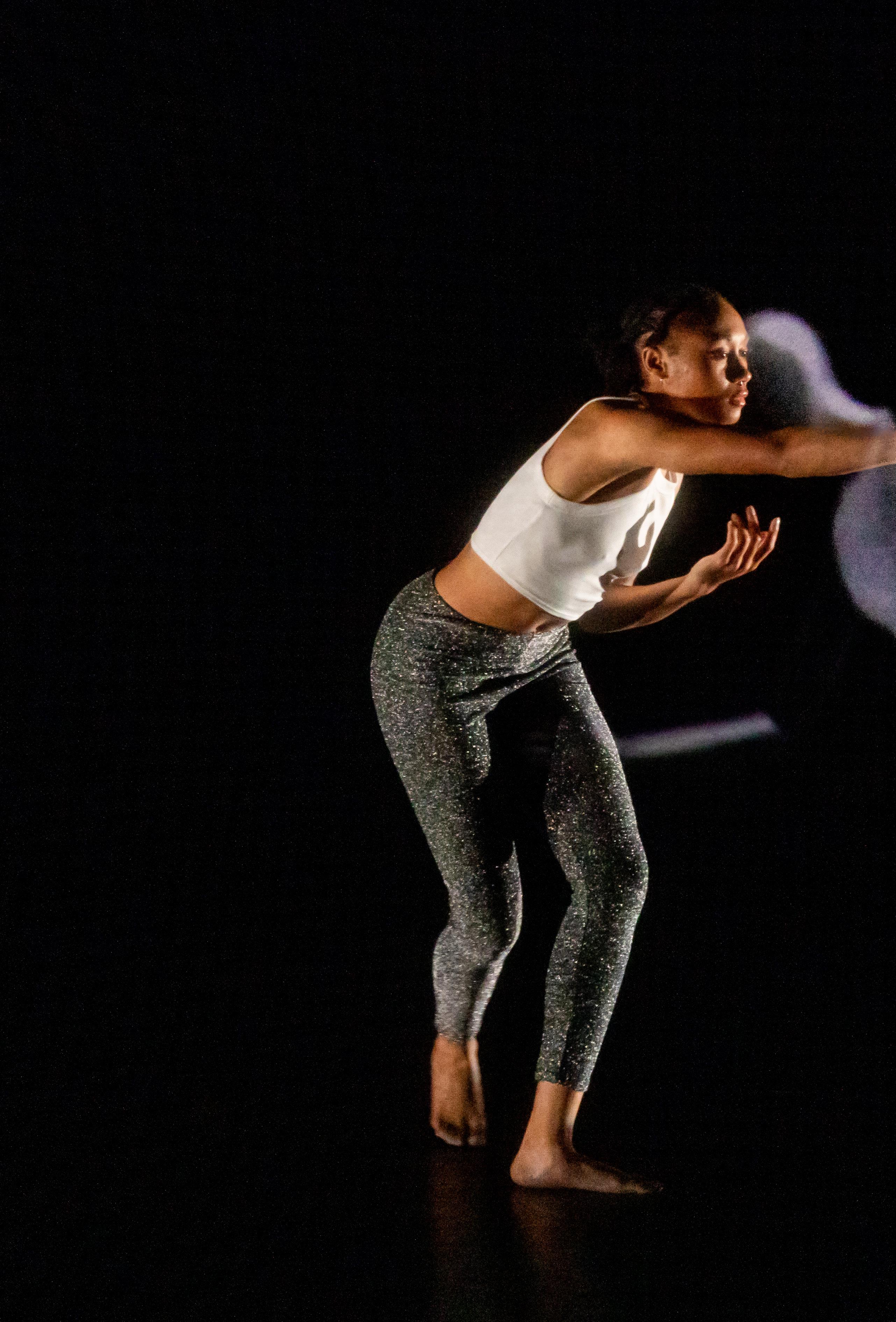
Two children are playing with a set of toys, each playing alone. That kind of play involves a somewhat limited set of interactions between the child and the toy. But what happens when the two children play together using the same toys?
“The actions are similar, but the choices and outcomes are very different because of the dynamic changes they’re making with the other person,” said Brian Magerko, Regents’ Professor in Georgia Tech’s School of Literature, Media, and Communication. “It’s a thing that humans do all the time, and computers don’t do with us at all.”
Welcome to the next frontier of AI — not just generating but collaborating in real-time.
Magerko and his colleagues,
Milka Trajkova, research scientist at Georgia Tech, and Andrea Knowlton, associate professor of dance at Kennesaw State University, put a collaborative AI system they’ve developed to the ultimate test: the world’s first collaborative AI dance performance.
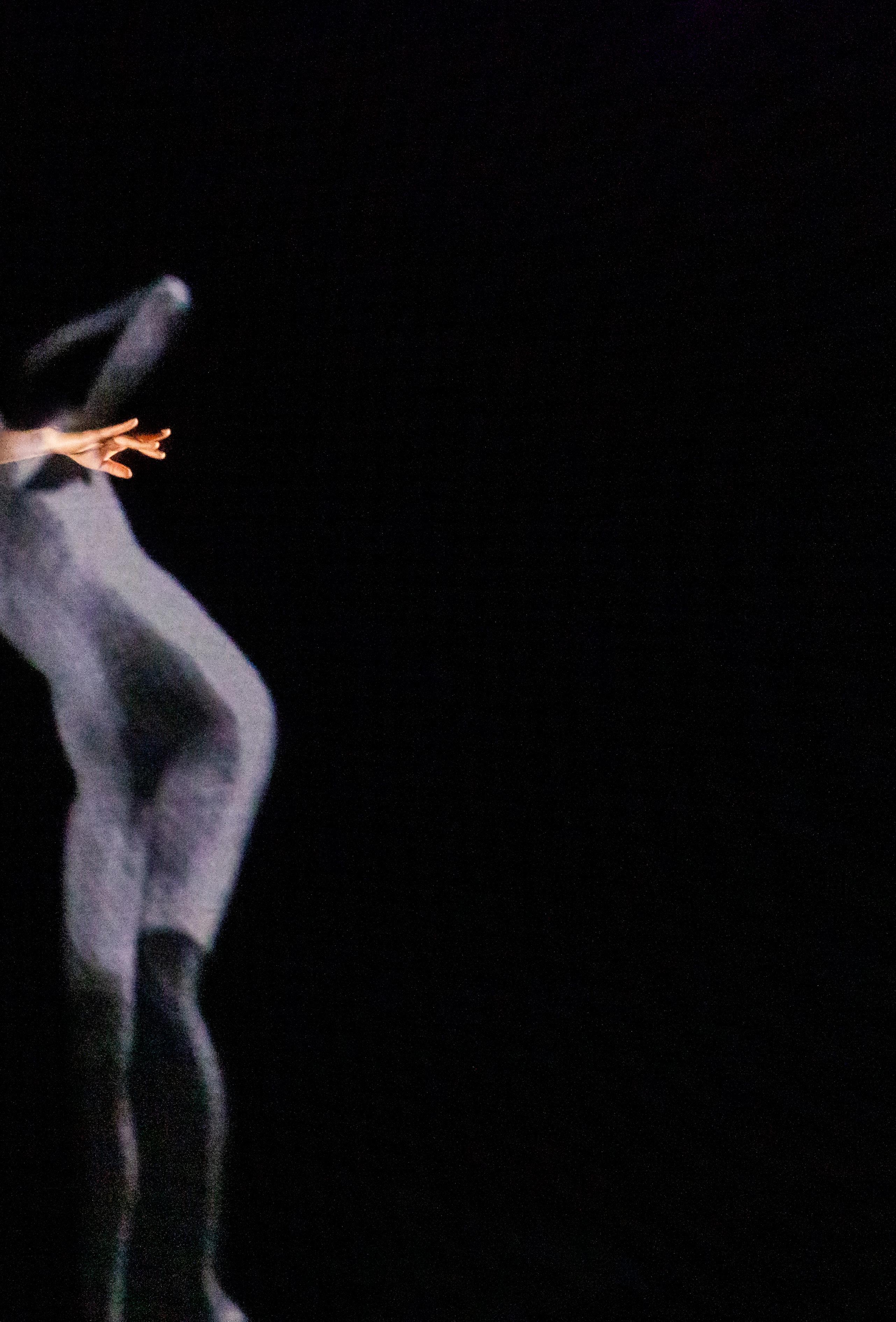
LuminAI is an interactive system that allows participants to engage in collaborative movement improvisation with an AI virtual dance partner projected on a nearby screen or wall. LuminAI analyzes participant movements and improvises responses informed by memories of past interactions with people. In other words, LuminAI learns how to dance by dancing with us.
The National Science Foundation-supported project began about 12 years ago in a lab and became an art installation and public demo. LuminAI has since moved into a different phase as a creative collaborator and education tool in a dance studio.
Students from Knowlton’s improvisational dance class at Kennesaw State spent two months of their spring semester working routinely with the LuminAI dancer and recording their impressions and experiences. One of the purposes the team discovered is that LuminAI serves as a third view for dancers and allows them to try ideas out with the system before trying it out with a partner.
The classroom experiment culminated in a public performance at Kennesaw State’s Marietta Dance Theater featuring the students performing with the LuminAI dancer. As far as the research team is aware the event was the world’s first collaborative AI dance performance.
So, what’s next for LuminAI? The project represents at least two possible paths for its learnings. The first includes continued exploration of how AI systems can be taught to cooperate and collaborate more like humans. The second involves the body movements LuminAI has been cataloging and analyzing over the years. Dance exemplifies highly refined motor skills, often exhibiting a level of detail surpassing that found in various athletic disciplines or physical therapy. While the tools designed to capture these intricate movements — through cameras and AI — are still nascent, the potential for harnessing this granular data is significant, Trajkova said.
When it came time to develop Georgia’s first climate action plan, officials at the state Environmental Protection Division (EPD) knew just where to turn to get the timely greenhouse gas emissions data they needed: Regents’ Professor Marilyn A. Brown and the Climate and Energy Policy Lab.
Brown, Regents’ Professor in the School of Public Policy, led the team that developed a novel emissions tracker that provides regularly updated insight on emissions for each Georgia county. The EPD chose the tracker to help inventory Georgia emissions — a key requirement of the climate plan.
The Atlanta Regional Commission, which received separate funding to make a plan specific to metro Atlanta, also will use the tracker in its work. In both cases, the streamlined data collection process gave Georgia a competitive edge over other states seeking implementation funds.
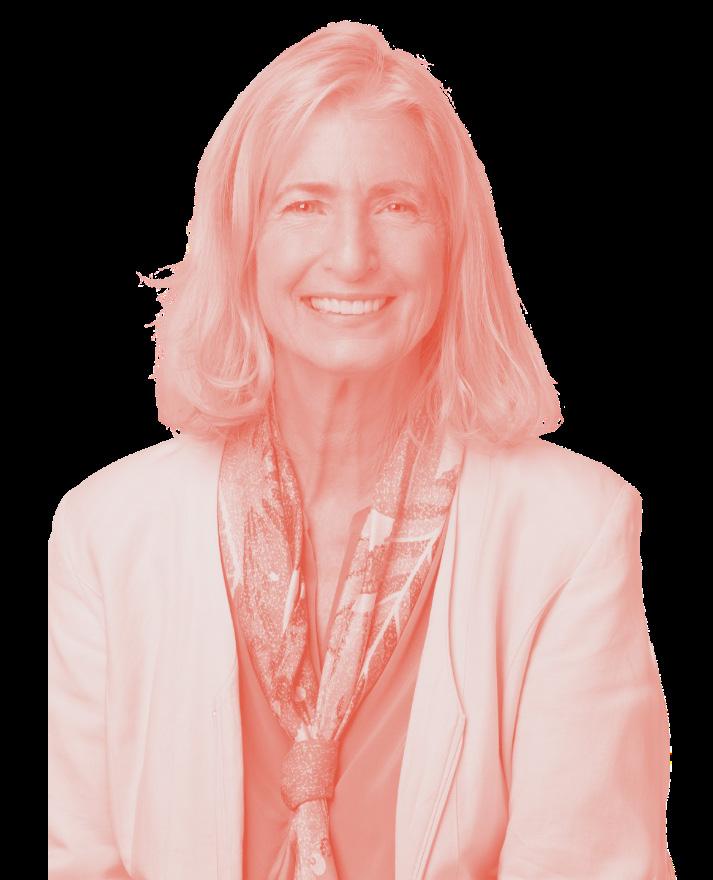
“Georgia Tech and our academic, business, and community partners from across the state are uniquely suited to help Georgia identify implementationready solutions that can significantly reduce emissions and have beneficial impacts on Georgia communities.”
Marilyn A. Brown Regents’ Professor

The tracker was created for the Drawdown Georgia initiative, which sought to identify the top solutions for reducing Georgia emissions to net zero by 2030.
“We’ve always hoped that this work would have real policy impacts that will help improve our environment, economy, and society,” Brown said. “It’s exhilarating to see the state recognize and incorporate our work.”

Unless we’re sick and lose it — or are once again shocked by how different it sounds on a recording versus in our heads — most of us don’t think about our voices too often. They’re such a familiar and integral aspect of our lives that we take them for granted.
However, it’s precisely because of this prominent role in our lives that one group of Georgia Tech researchers started a lab to study the voice in 2023. At the new Voice+ Research Lab, Andrea Jonsson and her colleagues explore our voices not for the secrets that we tell but for the secrets that our voices keep.
“I branded it ‘Voice Plus’ to evoke the question of ‘Voice plus what? Technology, history, culture?’ It can be so many different things,” said Jonsson, an
associate professor of French at the School of Modern Languages. “The lab will be an innovation hub for theories and methodologies around the voice.”
From accents and cultural questions in language studies to vocal range and timbre analyses in the School of Music or sound and marketing in the Scheller College of Business, the jumping-off points are endless, Jonsson said.
“I study the cultural and media studies side, but there’s also a technology side, with voice recordings, autotune, and the software you need to make music,” she added. “Voice and technology will be a rich field for me moving forward. I didn’t see that coming, but that’s why it’s exciting.”
A chromolithograph
“VINTAGE VIEW OF BROADWAY IN NEW YORK CITY”/ AMERICAN SCHOOL

As a Ph.D. student in the School of History and Sociology, Gloria Calhoun researches how the emergence of telecommunications infrastructures shaped the wire and cable industries.
While digging into the history of overhead wires, she was struck by the way people created narratives about the “fears” and “promises” of emerging telegraph and telephone infrastructures — and how much they resembled the competing narratives around AI today.
These narratives can range from high expectations to deep skepticism, she said, and the technology’s use, its physical presence, its symbolic meanings, and its interactions with other technologies can all affect how we perceive it.
For example, telegraph technology promised to send messages quickly, annihilating time and space in
communication. But others worried about how the wires degraded urban environments and how people could use the telegraph to distort the free flow of market information. With AI, we hope the technology will eliminate mundane tasks or solve problems we haven’t yet cracked. However, concerns remain: Can we prevent bias in AI algorithms? Will job replacement disrupt the labor market?
Most people will use it for good — or at least try to, Calhoun said — and just like telegraph infrastructure, AI will be another lesson to look back on and dissect when the next society-changing creation comes along. But the history of technology has already taught us at least one thing, she said.
“New tech does not simply follow a predetermined path. It increases the range of possible paths but does not dictate which we follow or what will happen next. That’s up to us.”
Researchers from the Center for Advanced Communications Policy (CACP) played a critical role in 2023 helping policymakers understand the reach and the limitations of the national Wireless Emergency Alert (WEA) system.
The Center helped analyze a nationwide test of emergency cell phone alerts, specifically examining how U.S. residents with disabilities received the alerts. Findings from the research fed into studies designed to provide policymakers with crucial data on the system’s performance.

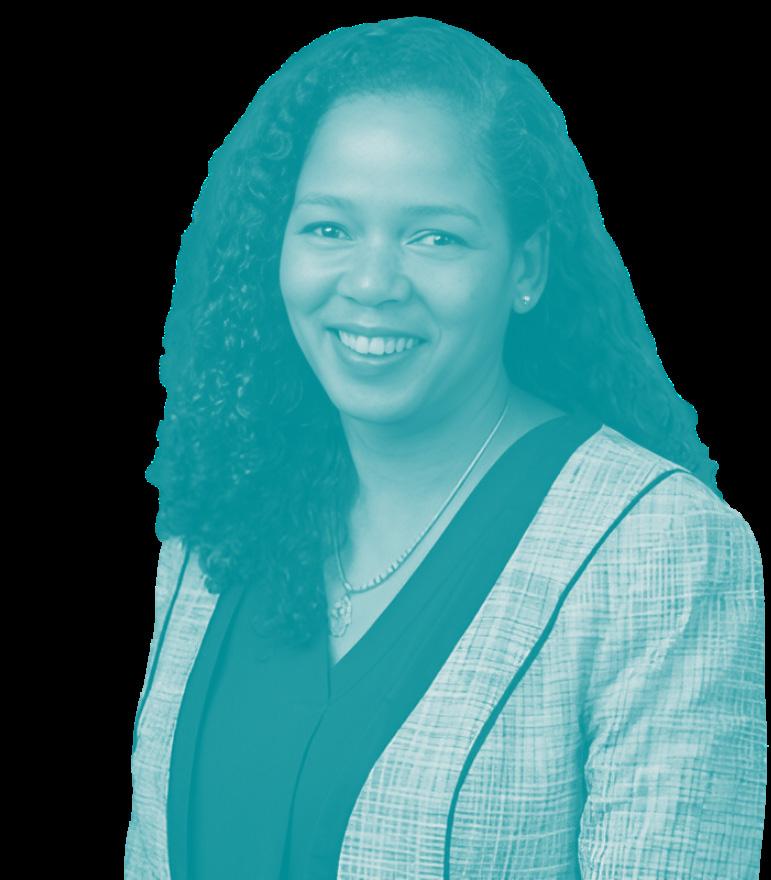

“Disability shouldn’t be a barrier to accessing potentially lifesaving emergency information. This survey will help us understand how cell phone users receive the alerts and any challenges they may have faced, including those posed by the type of cell phone they own.”
Salimah LaForce CACP Senior Research Scientist
It’s no surprise the Homeland Security Operational Analysis Center chose CACP for the work. The agency has a strong track record of policy analysis on the use of technology by people with disabilities.
Salimah LaForce, a senior research scientist in CACP, and other researchers have been tracking issues with WEA alerts for years, noting technological gaps that prevent some users from receiving the full alerts and numerous challenges that can make receiving them difficult for the 42.5 million people living
with disabilities in the U.S. For instance, those with hearing disabilities might miss audible signals such as the WEA tone, while individuals with visual disabilities could struggle with text-based notifications if textto-speech isn’t enabled on their phone.
The technology used in some older models and some subsidized phones may also limit the effectiveness of these alerts for economically disadvantaged individuals with disabilities, according to LaForce.
The nationwide test of the Emergency Alert System and Wireless Emergency Alerts on Oct. 4, 2023. BROOK JOYNER/CNN
A family’s autism journey often begins with these questions. The answer given can change a child’s future, so the race of the person asking it should not make a difference — but it does.
That is why two faculty members from Georgia Tech’s Ivan Allen College of Liberal Arts — Jennifer Singh and John Thornton — joined forces with Camille Proctor, founder of The Color of Autism Foundation, to create a documentary that tells the stories of six Black families raising autistic children.
Navigating Autism in Communities of Color, which premiered at Georgia Tech in March 2024, follows the unique challenges Black families face along their autism journey.

“Structural inequalities shape the differences we see in autism diagnosis and access to services based on race and ethnicity,” said Singh. “People aren’t reaching their full potential. It’s an injustice, and that’s why we made the film.”
Singh produced the film. She is an associate professor in the School of History and Sociology and has been researching autism for the last 20 years. Thornton, who directed the film, is an award-winning documentary filmmaker as well as
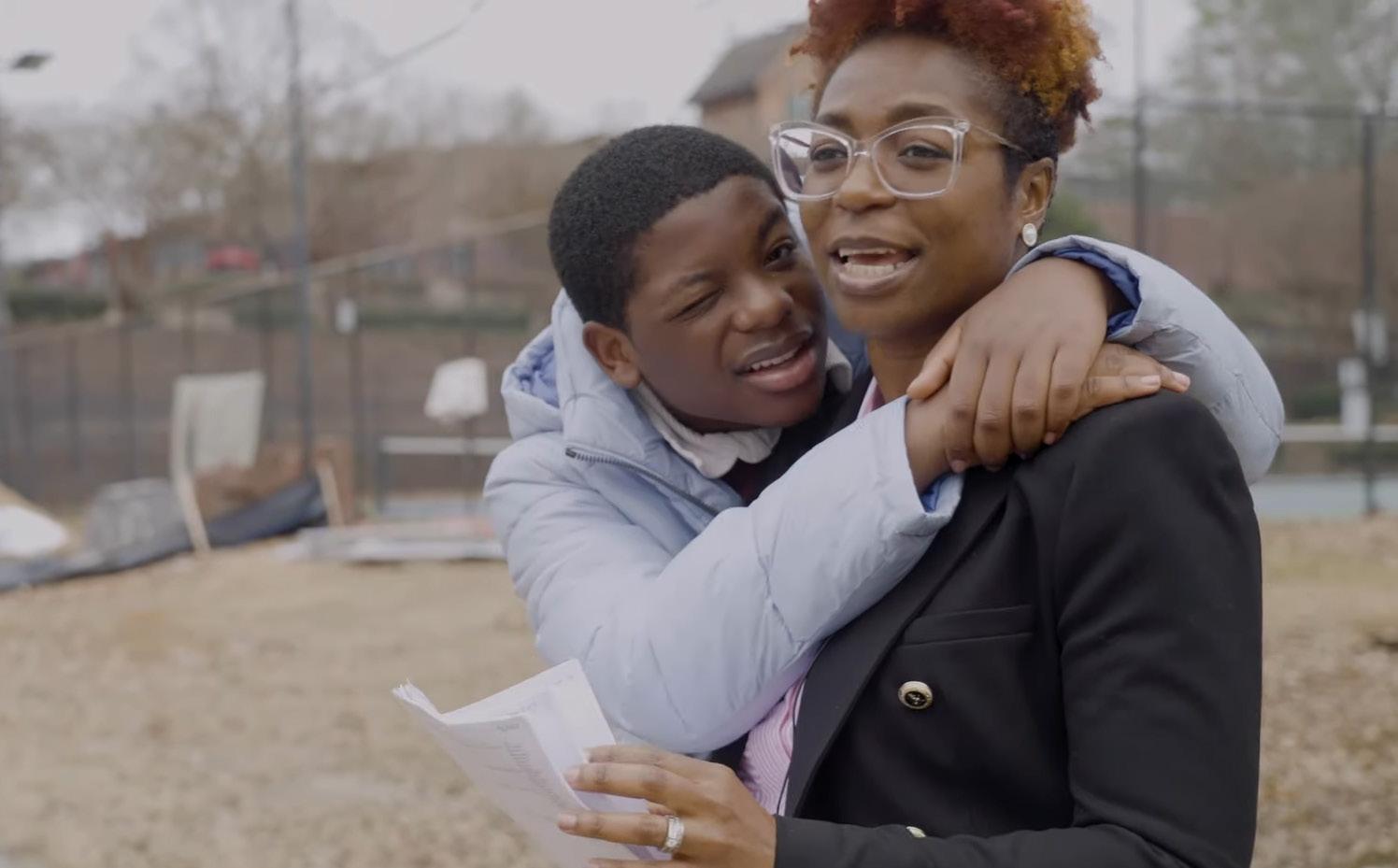

the director of film and media production in Georgia Tech’s School of Literature, Media, and Communication.
Singh and Thornton said it was impossible to get everything they wanted into the one-hour documentary, but they hope it will bring more people into the conversation.
“I wanted to raise awareness about autism. It happens in Black communities. This is their experience,” said Singh. “It’s just six families, but I hope it opens up a dialogue about how Black families encounter autism diagnosis and services in a structurally unequal society.”
“The film is just one page in a book, adding to the story about how people are navigating this challenge. We want to get people in the room, to get them talking about it. We hope people want to learn more.”
John Thornton Director of Film and Media Production
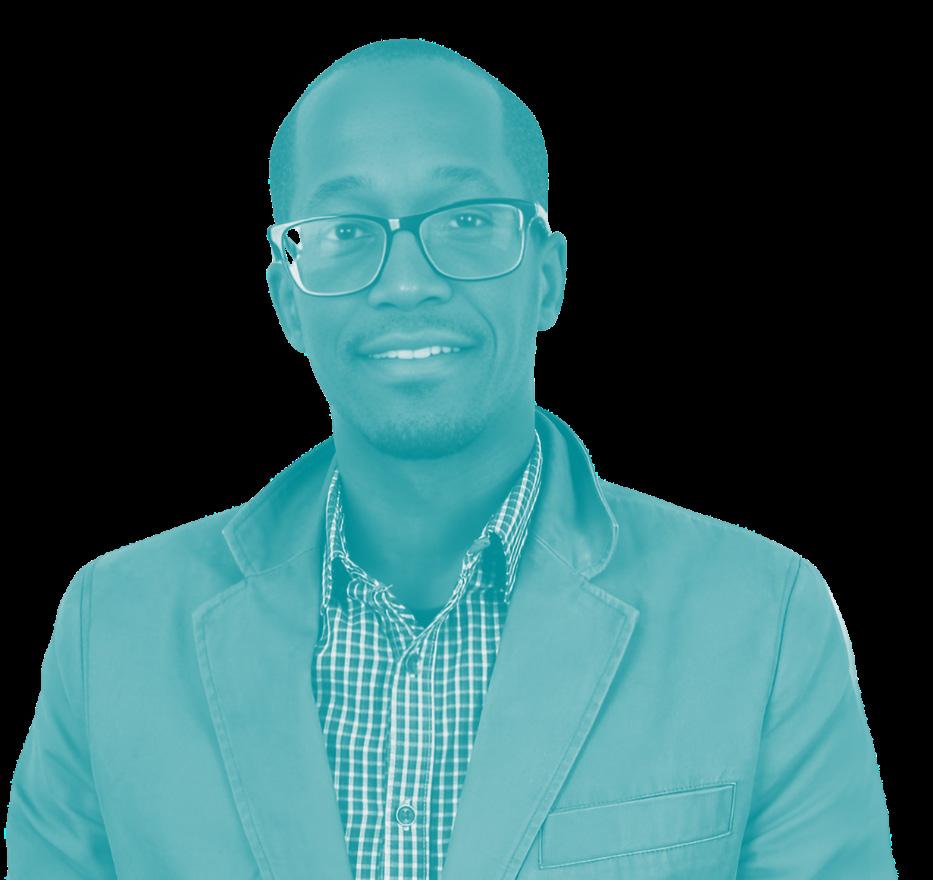


Nearly 150 million people in Sub-Saharan Africa lack access to the amount and quality of food they need. Understanding which factors impact food shortages the most can help communities plan ahead, adapt to new weather patterns, and be more resilient.
Ioanna Maria Spyrou, recent Ph.D. graduate in the School of Economics, uses AI and machine learning to predict food insecurity in Africa.
She hopes the tool she’s developing can help policymakers and community organizations implement more timely and targeted interventions to alleviate hunger on the continent.
Spyrou and her advisor, Professor Shatakshee Dhongde in the School of Economics, are working with data from Sudan, South Sudan, the Democratic
Republic of the Congo, and Somalia and hope to eventually expand to include more countries.
Dhongde and Spyrou’s approach is unique because it uses recent data from 2020 to 2023 and includes additional predictors, such as monthly data on conflict, which can be a powerful driver of food insecurity in Africa. The Africa Center for Strategic Studies says 82% of people experiencing hunger on the continent live in countries in conflict. Changing weather patterns also mean historical data no longer gives accurate information.
“By identifying which factors contribute most to food insecurity in different regions, we can adapt agricultural systems, try new strategies, and build stronger social networks and support systems,” Spyrou said.
BACKGROUND: Plantations in Nord Kivu, Democratic Republic of the Congo.
Astudy by Omar Isaac Asensio, associate professor in the School of Public Policy, and a team of students in the School of Public Policy found that federal housing policies accelerate adoption of energy-efficient solutions among low- and moderate-income households — even when those policies don’t directly address energy efficiency.
The research, published in Nature Sustainability, showed how community development block grants from the U.S. Department of Housing and Urban Development generated an average energy savings of 5% to 11% in economically burdened households in Albany, Georgia.
The savings equate to the cost of roughly two months of groceries per household per year.
“These housing participants who didn’t come in thinking about energy efficiency saved anywhere from $75 to $482 per year in energy bills,” Asensio said.


“Those are meaningful savings that really impact people. So, we ended up finding very significant hidden social benefits from these policies that were previously unknown.”
Asensio’s research is timely because the Southeast has some of the country’s highest energyburdened households. In the U.S., spending over 6% of net income on energy is considered a burden. In Albany, renters’ and homeowners’ energy costs can surpass 10% or even 20% of household budgets, Asensio said, and many housing applicants are elderly and on fixed incomes.
“There are thousands and thousands of communities that look very much like Albany within and outside of major metro areas,” Asensio said. “This is a relatively untapped opportunity for driving energy efficiency within households who may not necessarily have an awareness of or interest in energy efficiency measures.”
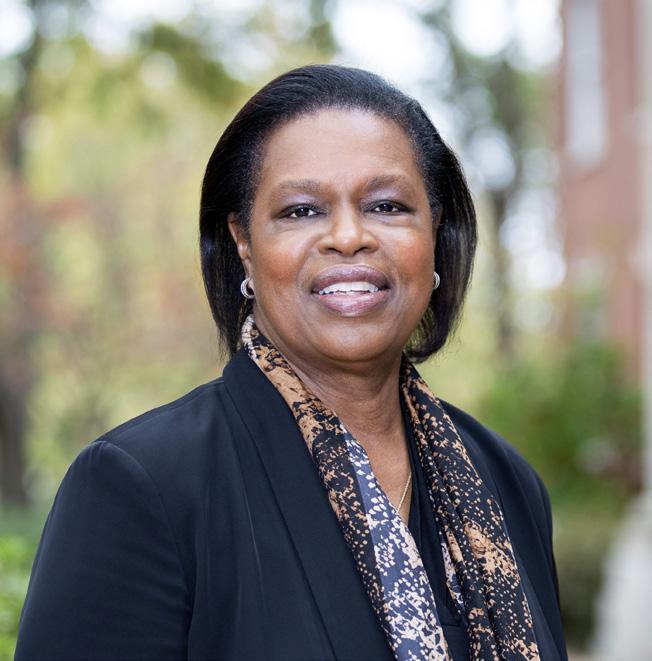
Kaye Husbands Fealing, former dean of the Ivan Allen College of Liberal Arts and professor in the School of Public Policy, received the 2023 Carolyn Shaw Bell Award from the American Economic Association (AEA).
The award is given annually to an individual who has furthered the status of women in then the economics profession through example, achievements, mentoring others, or increasing understanding of how women can advance in the economics profession.
Husbands Fealing’s “exemplary career demonstrates her versatility as an economist, academic leader, and champion of diversity in STEM fields,” according to the award announcement.
She has served on the board of AEA’s Committee on the Status of Women in the Economics Profession and as president of the National Economics Association. In addition to these structural roles, Husbands Fealing has personally mentored numerous economists.
Stéphanie Boulard, a professor of French in the School of Modern Languages, was awarded the rank of Chevalier (Knight) of the French Order of Academic Palms. This prestigious distinction, conferred by the Consul General of France in Atlanta, Anne-Laure Desjonquères, recognizes Boulard’s outstanding scholarship and contributions to the advancement of French and Francophone education.

“I am deeply honored to receive the rank of Chevalier of the French Order of Academic Palms,” said Boulard. “This recognition is not just a personal achievement, but a testament to the profound impact of dedicated educators on the global stage. It also underscores the importance of advancing intercultural communication and excellence in education. I am deeply grateful for this recognition, which inspires me to continue fostering a passion for French and Francophone studies in my students.”
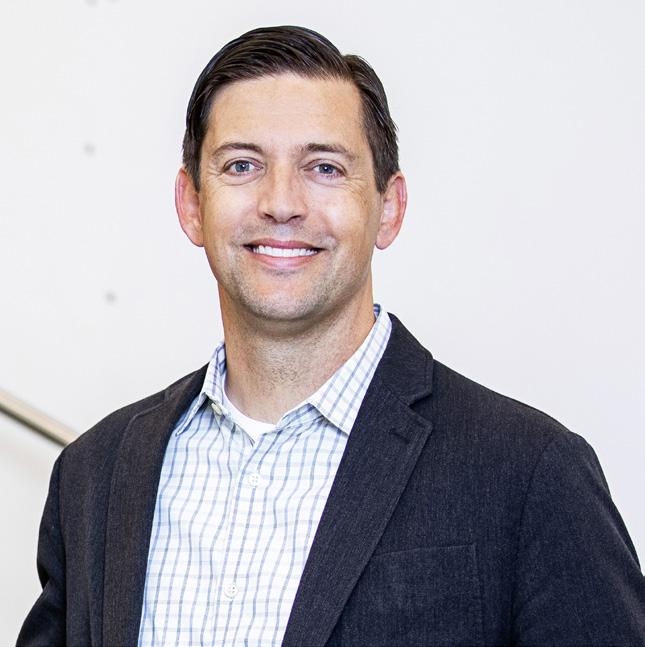
Aaron Levine, associate dean for research and outreach in the Ivan Allen College of Liberal Arts, was named a fellow of the American Association for the Advancement of Science (AAAS), the world’s largest multidisciplinary scientific society.
Levine is one of 502 people named to the AAAS Fellows Class of 2023. The Society has been awarding the honor to scientists, engineers, and innovators since 1874 for achievements and efforts on behalf of the advancement of science and its applications. AAAS Fellows are recognized for outstanding contributions to research, teaching, technology, and science communication.
The organization chose Levine, who is also a professor in the School of Public Policy, for his contributions to biomedical research policy — including advancing understanding of how policy debates influence contentious areas of research. His work is at the intersection of ethics, policy, and biomedical research.
Move over, ChatGPT. Emotion AI, which infers people’s emotions from their facial expressions, is increasingly in the spotlight for its potential applications — as well as its problems and pitfalls.
Georgia Tech’s Noura Howell is researching how we might reimagine the future of emotion AI, thanks to a prestigious Faculty Early Career Development (CAREER) award from the National Science Foundation (NSF).
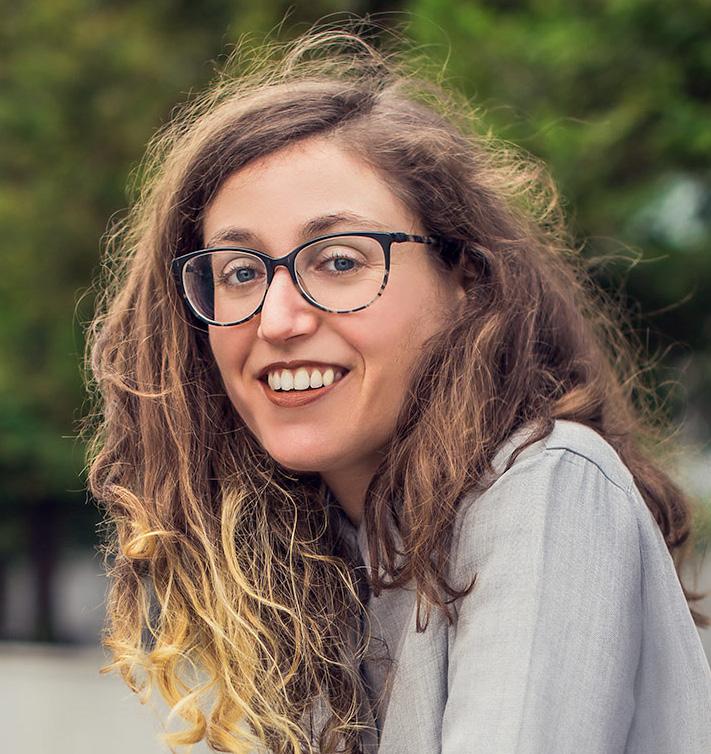
The NSF CAREER award is a highly competitive five-year grant that helps promising scholars, those with the potential to serve as role models in research and education, to establish a basis for a lifetime of leadership in their field.
“This award is a great honor, and it represents an amazing opportunity to expand the field,” said Howell, an assistant professor in the School of Literature, Media, and Communication. “It also reflects the urgency of foregrounding a broader range of people’s perspectives on a technology that could have both positive and negative impacts on our future.”
Amy Phuong, INTA 2005, MBA 2014
Atlanta Hawks & State Farm Arena
VICE CHAIR
Gene Kansas, M.S. DM 2016
Gene Kansas Commercial Real Estate
Kobi Abayomi, PUBP, IE 2000
Gumbel Demand Acceleration
H. Inman Allen (Emeritus Member)
Ivan Allen Company
Ivan Allen IV Amazon
Goldie K. Gabriel, IE 2001
Golden Path Entertainment Consulting
Col. Stephen C. Hall, IM 1967
United States Air Force (Retired)
Hubert “Herky” Harris Jr., IM 1965
Harris Plantation
Douglas R. Hooker, ME 1978, M.S. TSP 1985
Atlanta Connector Park
James B. Langford
Georgia Prevention Project
H. Bruce McEver, IE 1966 Berkshire Global Advisors
W. Allen Morris, MGT 1975 Allen Morris Company
Joseph B. Owens Jr., ECON 1997 Indego Africa
Beverly Seay National Security Innovation Network
Amanda Shailendra, M.S. INTA 2005 The Pendleton Group
R. Hoke Smart, HTS 2000
Windsor Built Homes
Haywood Solomon, IM 1970 Promise Holdings Investment Group
John M. Stern Methods Workshop, LLC
Kevin Widmaier, PUBP 2008 BBR Partners
STUDENT REPRESENTATIVES
Jordan Artis Ambassador Representative
Zhuoqi Helen Dong Graduate Student Advisory Board
Kaylin Nolan Undergraduate Student Advisory Board
The Ivan Allen College of Liberal Arts stands apart as a liberal arts college embedded in — and integral to — a leading technology and research institute located in a diverse and dynamic city. Ivan Allen College students and faculty fulfill a unique role at Georgia Tech, broadening our thinking, challenging our worldview, and blending science and technology with social sciences and humanities to improve the human condition. Your support allows the College to further develop and expand programs and experiences that redefine what the humanities and social sciences of tomorrow can be. To make a gift or commitment to the Ivan Allen College of Liberal Arts or learn more about Transforming Tomorrow: The Campaign for Georgia Tech, visit transformingtomorrow.gatech.edu.
For more information, please contact development@iac.gatech.edu
